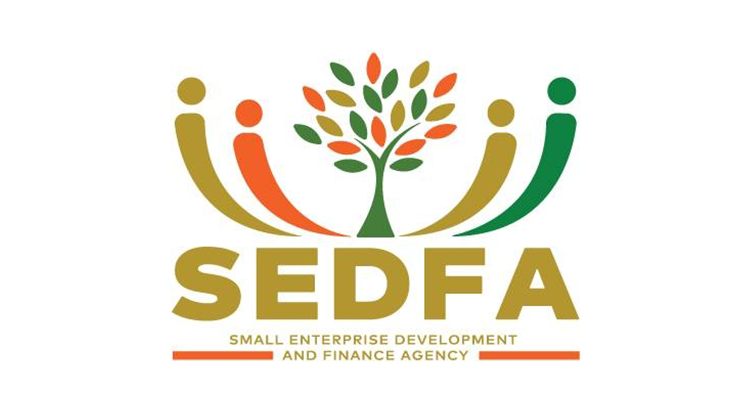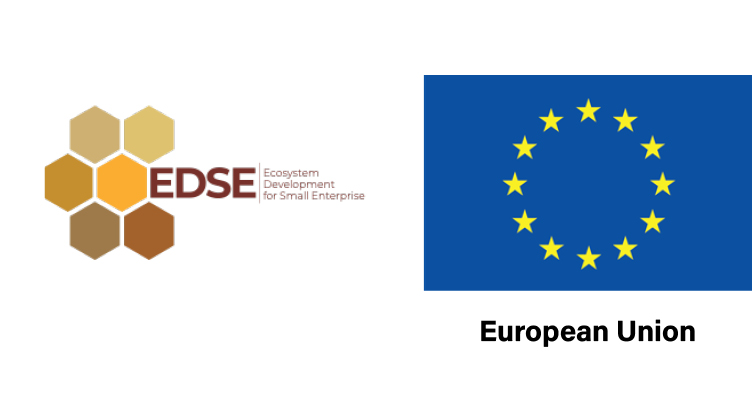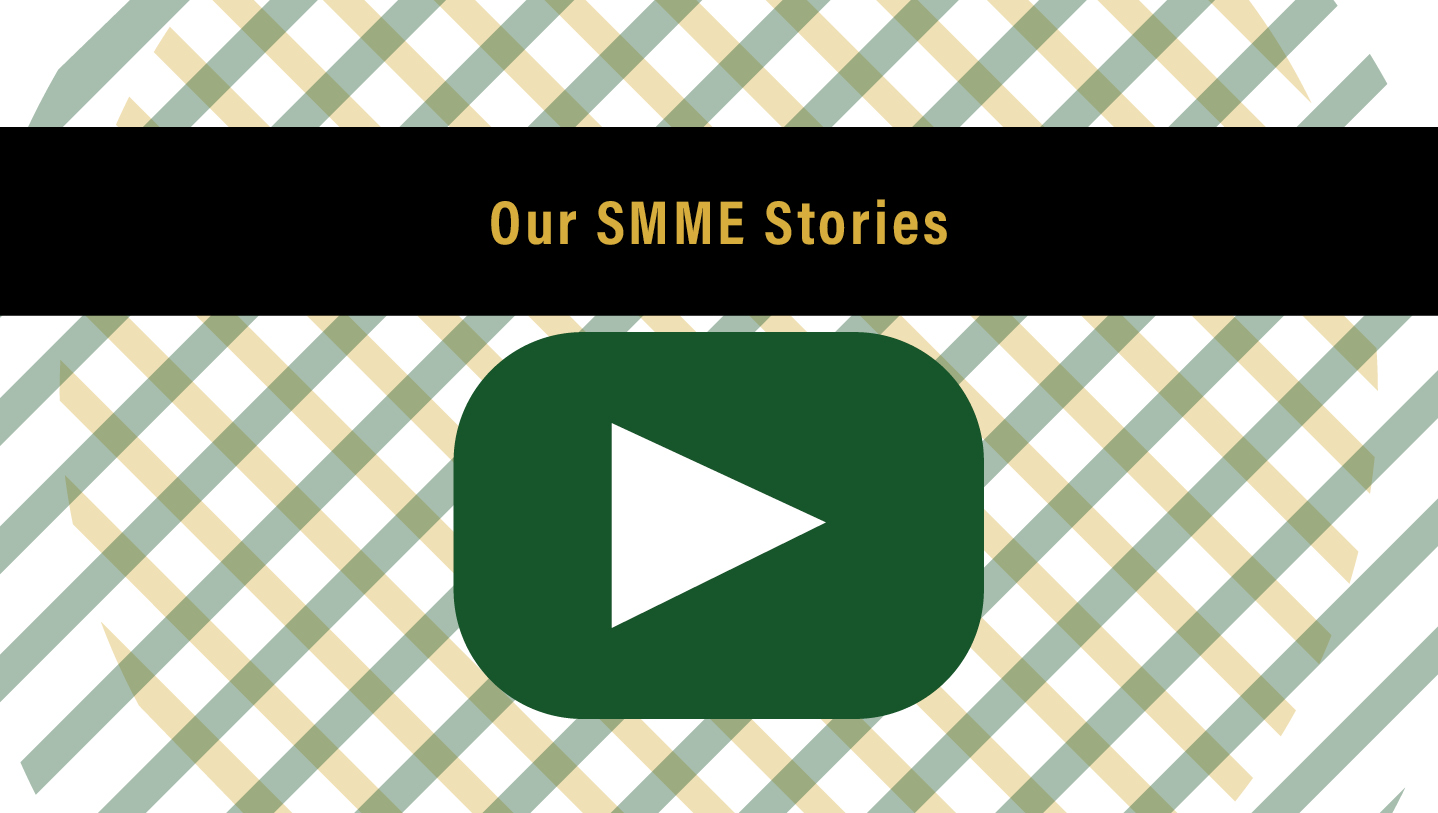
The Minister of Small Business Development, Hon. Khumbudzo Ntshavheni is appalled at the misinformation peddled by the DA about expenditure on small businesses COVID-19 relief funds. Just some few fact check would have clarified that the Department of Small Business Development had only managed to reprioritise only R500 million for the SMME Debt Relief and not the purported R1.4 billion as claimed by the DA.
Throughout 2020, the Department kept the nation updated on the progress with the expenditure on the SMME Debt Relief Fund. Just to re-state the facts, which are already in the public domain and audited by the Auditor-General of South Africa:
- The SMME Debt Relief Scheme was administered by sefa (Small Enterprises Finance Agency), an agency of the Department of Small Business Development.
- sefa received 35 865 applications for the SMME Debt Relief Scheme of which 14 451 were fully completed, which equates to 40%; whereas the remaining 60% of applications, which is 21 414 were incomplete and they were referred to Seda to assist applicants to complete the applications.
- Of the 14 451 fully complete applications, sefa approved 1 497 applications to the value of R513 million, meaning that the funds were fully subscribed and allocated to 10% of fully completed applications.
- To date, R316 million of the R513 million has been disbursed, which represents close to 62% of the relief scheme. The money was released in tranches to approved SMMEs to ensure that SMMEs were able to provide proof that the money was utilised for interventions applied for before the next tranches were disbursed. When the economy started opening with the move to level 4 and later to level 3 some of the SMMEs did not come back for the rest of the approved funds as they had started operations and were not in need of the relief support.
- The disbursements supported the maintenance of the 23 254 jobs in the economy. From a mandate and development impact perspective, of the total SMMEs that were approved, 66.9% were black owned, 32.8% female owned, 20.8% youth owned and 0.3% were owned by persons with disabilities.
- The balance of the 12 954 complete applications required an estimated budget of R4.4 billion and the bulk of these applications required assistance with payment of salaries to the total value of R3.6 billion. Given this fact, the Department worked with the Department of Employment and Labour and UIF to ensure SMMEs who were not registered with the UIF could be given an opportunity to register for UIF and sign an acknowledgment of debt but could immediately qualify for UIF-TERS.
- The list of SMMEs who benefited from the SMME Debt Relief funds was published on the Department’s and its agencies’ websites. That information remains available on those websites.
The Department and its agencies continue to work diligently and tirelessly to promote SMMEs’ and Co-operatives’ sustainability and economic recovery in these turbulent times. Furthermore, the Department is committed to clean, open, transparent management of funds and governance. A full report, with supporting data set, on the funds in question was submitted by the Department to the Portfolio Committee on Small Business Development, which is representative of various political parties, including the Democratic Alliance.
The Department of Small Business Development is focused on supporting SMMEs, cooperatives and informal businesses to recovery under the new normal and difficult economic climate. Minister Ntshavheni had hoped that all political parties will commit to the partnership for economic recovery instead of some peddling fake news.
Enquiries: Ms Sendra Mashego
Mobile: 076 601 1564
E-mail: Media@dsbd.gov.za




